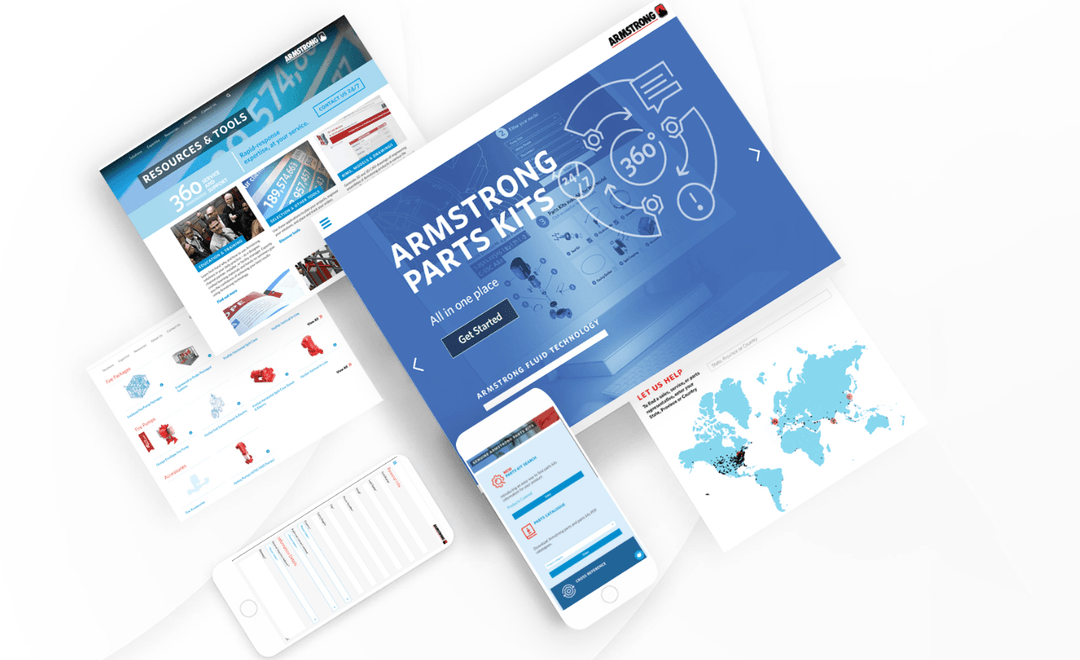Enhancing Web Accessibility

Why Website Accessibility Matters
Web accessibility means designing and developing websites that are usable by everyone, including people with disabilities. This encompasses a broad range of disabilities, including visual, auditory, physical, speech, cognitive, and neurological challenges. In Canada, the need for accessible websites is underscored by legislation such as the Accessibility for Ontarians with Disabilities Act (AODA) and the Canadian Human Rights Act, which mandate that organizations must accommodate people with disabilities.
Ignoring accessibility can lead to legal consequences, brand damage, and lost business opportunities. Conversely, a commitment to accessibility can enhance user experience, expand your audience, and demonstrate corporate social responsibility.
Understanding Website Accessibility Standards in Canada
Canada follows the Web Content Accessibility Guidelines (WCAG), an internationally recognized standard for web accessibility. These guidelines are categorized into three levels: A, AA, and AAA, with AA being the most commonly required level of compliance. The key principles of WCAG focus on ensuring that websites are:
- Perceivable: Information and user interface components must be presented in ways that users can perceive, such as providing text alternatives for non-text content.
- Operable: Users must be able to operate the interface, which includes offering keyboard accessibility for those unable to use a mouse.
- Understandable: Information and the operation of the user interface must be understandable, such as using clear and concise language.
- Robust: Content must be robust enough to be interpreted reliably by a wide variety of user agents, including assistive technologies.
The Legal Landscape: AODA and Beyond
The AODA is one of the most stringent accessibility laws in Canada. It applies to both public and private sectors in Ontario, requiring organizations to make their websites accessible to people with disabilities. Under AODA, organizations with 50 or more employees must comply with WCAG 2.0 Level AA standards. Additionally, the Accessible Canada Act (ACA), which came into effect in 2019, aims to create a barrier-free Canada by 2040. This federal law affects areas under federal jurisdiction, including telecommunications, banking, and transportation.
Failure to comply with these regulations can result in fines and legal action, making it imperative for businesses to prioritize accessibility in their web development process.
How Pragmatica Can Help
At Pragmatica, we understand the complexities of web accessibility and are committed to helping our clients navigate these standards. Our team of experienced web developers and designers are well-versed in the latest accessibility guidelines and can ensure that your website meets the required standards.
Here’s how we can assist:
- Accessibility Audits: We conduct comprehensive audits of your website to identify accessibility issues and areas for improvement.
- Accessible Design: Our design team creates visually appealing, user-friendly interfaces that comply with WCAG standards.
- Development Support: Our developers implement best practices for accessibility, ensuring that your website is operable and understandable for all users.
- Ongoing Maintenance: Accessibility is an ongoing process. We offer continuous support to keep your website up-to-date with evolving standards and technologies.
How to choose the right typography?
Lorem ipsum dolor sit amet, consectetur adipiscing elit lobortis arcu enim urna adipiscing praesent velit viverra sit semper lorem eu cursus vel hendrerit elementum morbi curabitur etiam nibh justo, lorem aliquet donec sed similem lorem ipsum dolor sit amet consectur.
- Neque sodales ut etiam sit amet nisl purus non tellus orci ac auctor el eros donec.
- Adipiscing elit ut aliquam purus sit amet viverra suspendisse potent nibh tortor id aliquet lectus.
- Mauris commodo quis imperdiet massa tincidunt nunc pulvinar
- Adipiscing elit ut aliquam purus sit amet viverra suspendisse potenti augue eget arcu dictu
Why choosing the right typography is so important
Vitae congue eu consequat ac felis placerat vestibulum lectus mauris ultrices cursus sit amet dictum sit amet justo donec enim diam porttitor lacus luctus accumsan tortor posuere praesent tristique magna sit amet purus gravida quis blandit turpis dolor sit amet consectur.

Why choosing the right typography is so important
At risus viverra adipiscing at in tellus integer feugiat nisl pretium fusce id velit ut tortor sagittis orci a scelerisque purus semper eget at lectus urna duis convallis. porta nibh venenatis cras sed felis eget neque laoreet suspendisse interdum consectetur libero id faucibus nisl donec pretium vulputate sapien nec sagittis aliquam nunc lobortis mattis aliquam faucibus purus in.
- Neque sodales ut etiam sit amet nisl purus non tellus orci ac auctor el eros donec.
- Adipiscing elit ut aliquam purus sit amet viverra suspendisse potent nibh tortor id aliquet lectus.
- Mauris commodo quis imperdiet massa tincidunt nunc pulvinar
- Adipiscing elit ut aliquam purus sit amet viverra suspendisse potenti augue eget arcu dictu
Where to find great free typographies online?
Nisi quis eleifend quam adipiscing vitae aliquet bibendum enim facilisis gravida neque. Velit euismod in pellentesque massa placerat volutpat lacus laoreet non curabitur gravida odio aenean sed adipiscing diam donec adipiscing tristique risus. amet est placerat in egestas erat imperdiet sed euismod nisi.
Varius duis at consectetur lorem donec massa sapien faucibus et. Vivamus arcu felis bibendum ut tristique et egestas quis. Accumsan sit amet nulla facilisi morbi. Orci a scelerisque purus semper eget. Mattis nunc sed blandit libero volutpat sed.
What is your currently favorite typography?
Eget lorem dolor sed viverra ipsum nunc aliquet bibendum felis donec et odio pellentesque diam volutpat commodo sed egestas aliquam sem fringilla ut morbi tincidunt augue interdum velit euismod eu tincidunt tortor aliquam nulla facilisi aenean sed adipiscing diam donec adipiscing ut lectus arcu bibendum at varius vel pharetra nibh venenatis cras sed felis eget dolor cosnectur drolo.






